KUALA LUMPUR, July 18 — Judges will still have the discretion to impose the death penalty under proposed changes in the law to abolish the mandatory death sentence currently in existence for 11 offences, Minister in the Prime Minister’s Department Datuk Liew Vui Keong said today.
He clarified that the proposed changes being sought by the government were meant to give judges wider discretion in deciding whether to impose the death penalty or life imprisonment or imprisonment for a shorter period, depending on the facts of individual cases.
Among the 11 offences currently carrying the mandatory death sentence, nine relate to crimes under the Penal Code, while the remaining two comprise offences under the Firearms (Increased Penalties) Act 1971.
Twenty-two other offences carry the option of a death sentence or life imprisonment with whipping but in these cases, the courts already have the discretion to choose.
In an exclusive interview with Bernama, the minister said the term ‘mandatory’ in reference to the 11 offences meant that “the courts have no choice but to impose the death sentence”, adding that with the proposed changes, the prosecution would still be entitled to appeal if it felt a certain sentence imposed was not commensurate with the gravity of the offence committed.
The Bill containing the proposed changes will be discussed in the October sitting of the Dewan Rakyat.
The minister clarified that the proposal to abolish the mandatory death sentence was not new nor was it done in haste, adding that efforts began as far back as 2010 during the previous administration and in 2013, a research initiative called ‘The Death Penalty in Malaysia and the Way Forward’ had recommended that the mandatory death sentence be abolished.
In this connection, Liew stressed that there was no need for the issue to be politicised.
He said a task force would be established to study the technical aspects relating to the abolition of the mandatory death sentence, apart from looking at sentences that would serve as alternatives to the maximum penalty, and these would comprise penalties which were in proportion to the crimes committed.
The task force will be composed of representatives of government agencies, academia, civil society and other relevant parties.
“The government is ready to listen to voices from all levels of society, including minority groups, to ensure that the new law is more inclusive, holistic and effective,” Liew said, adding that his team would also provide detailed briefings to the general public. — Bernama


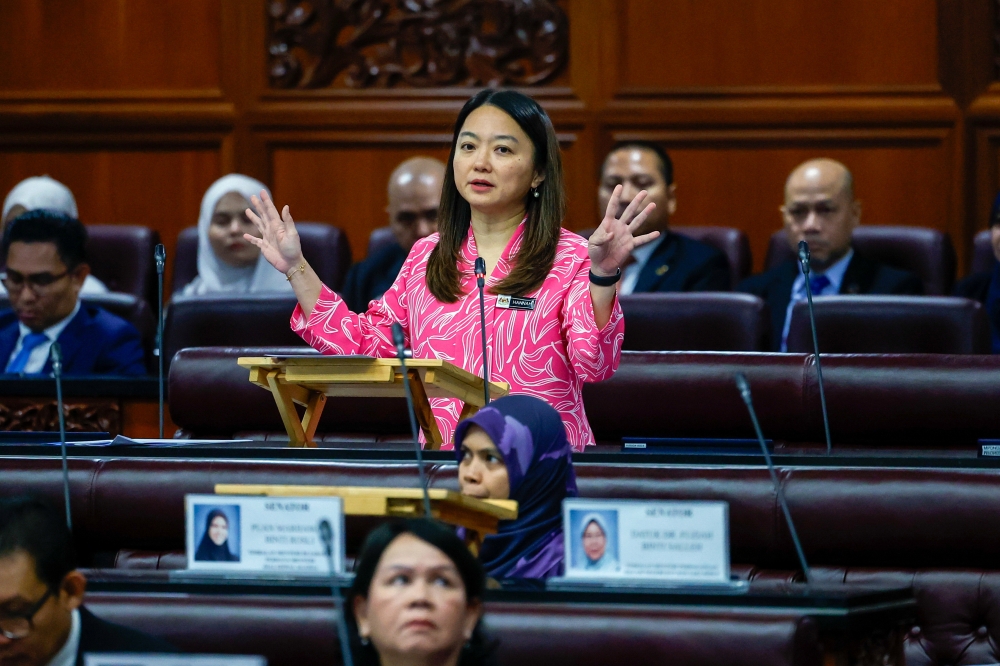
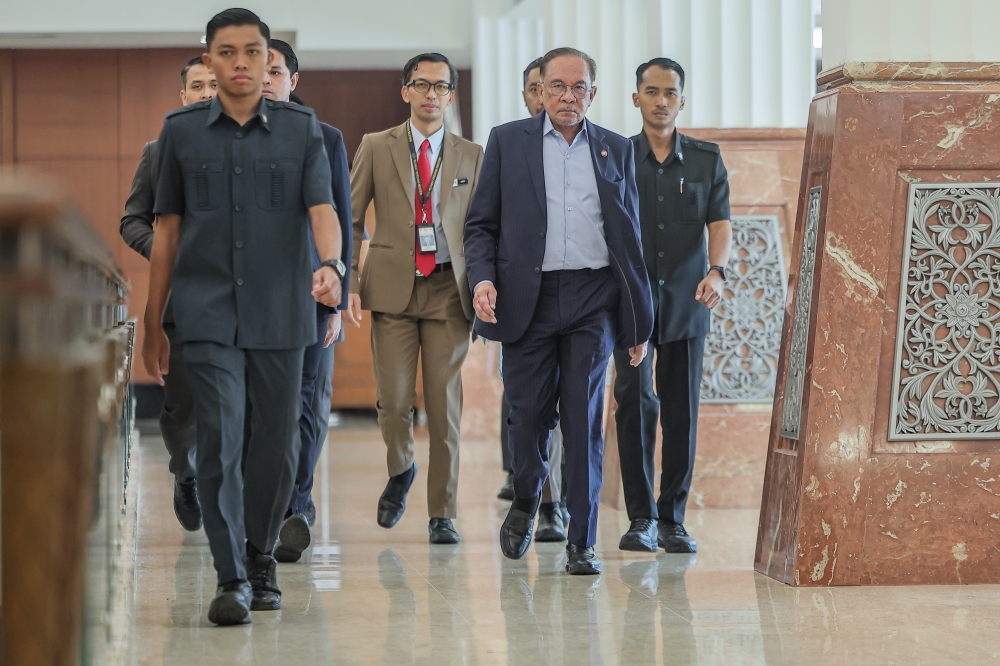
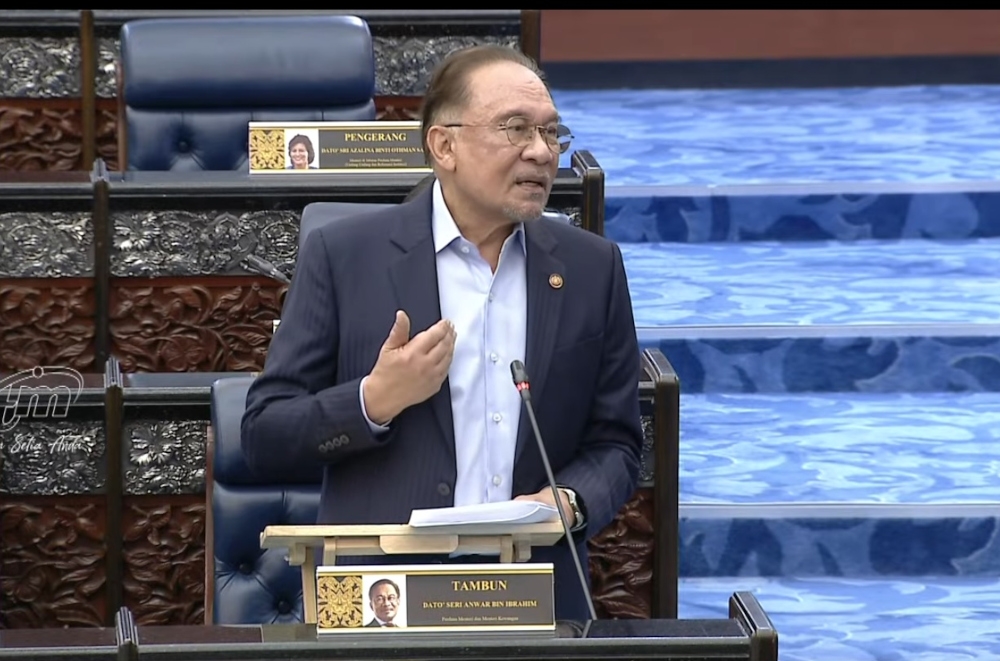

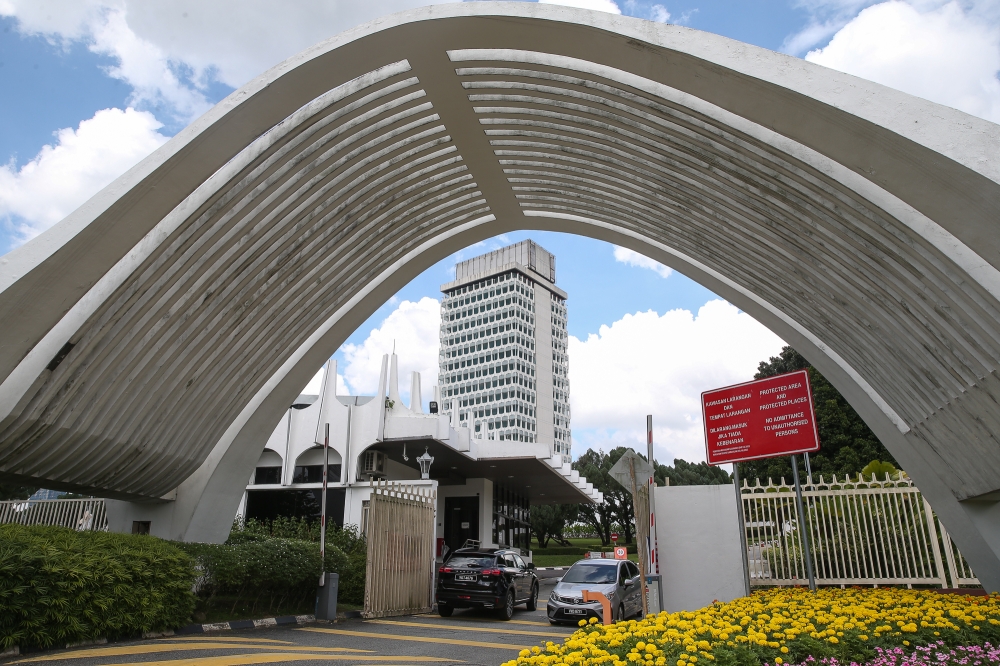



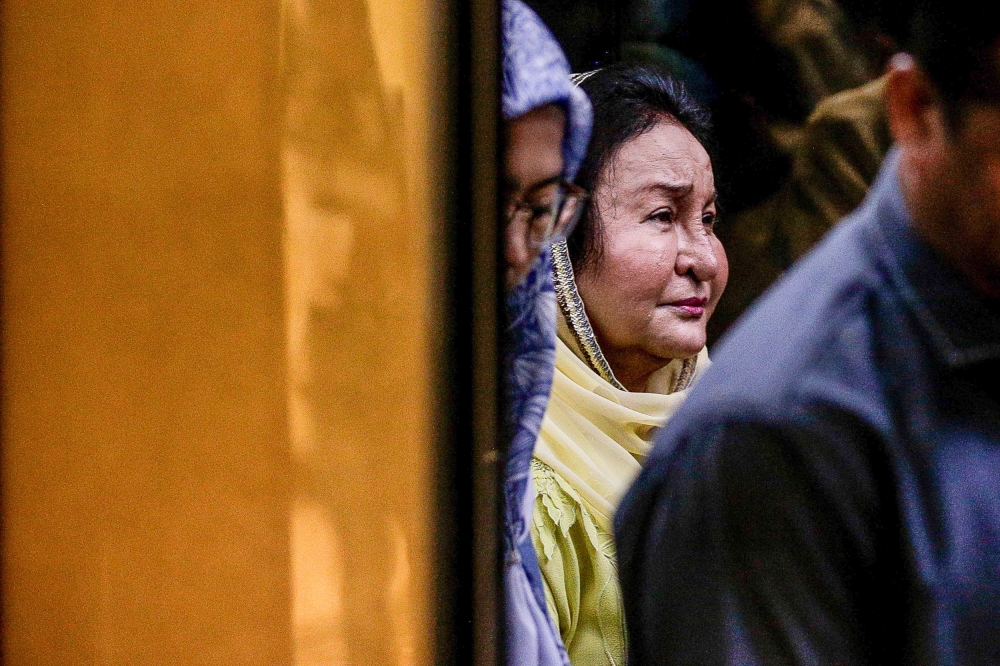
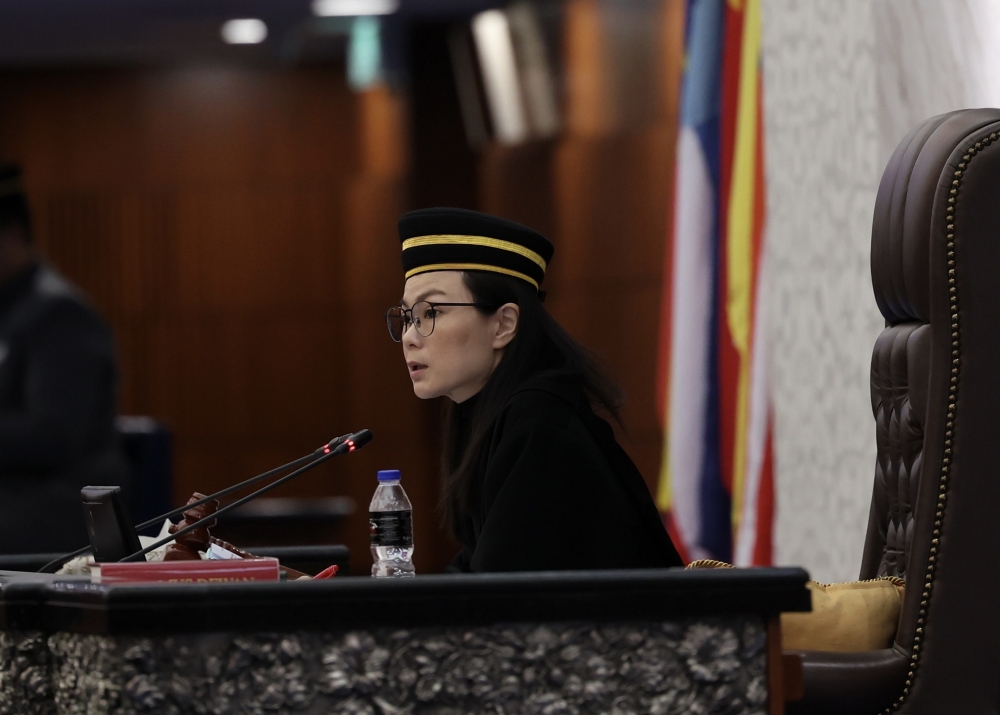
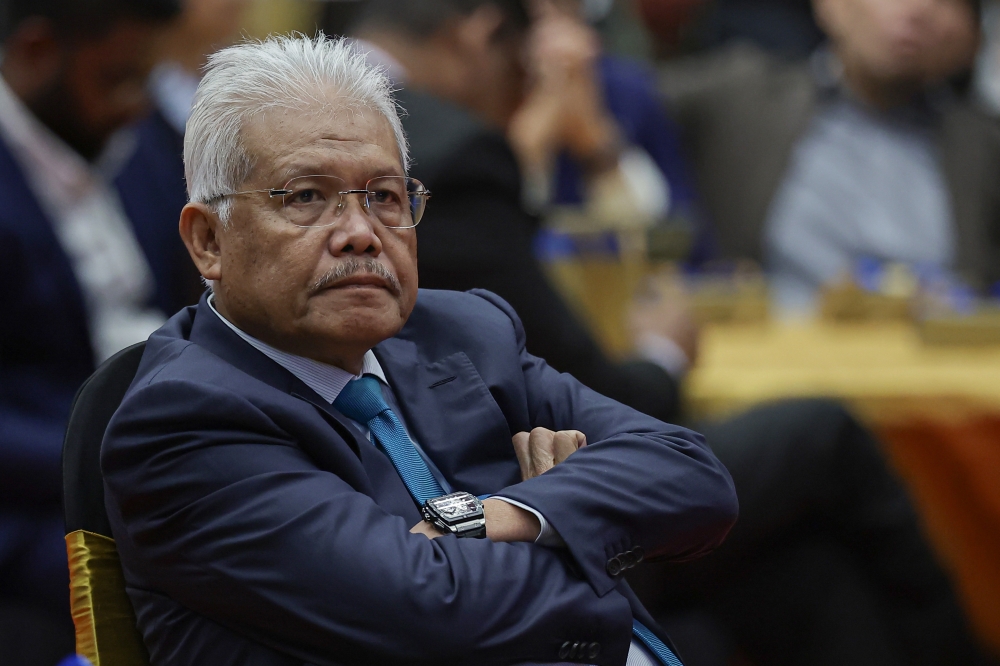

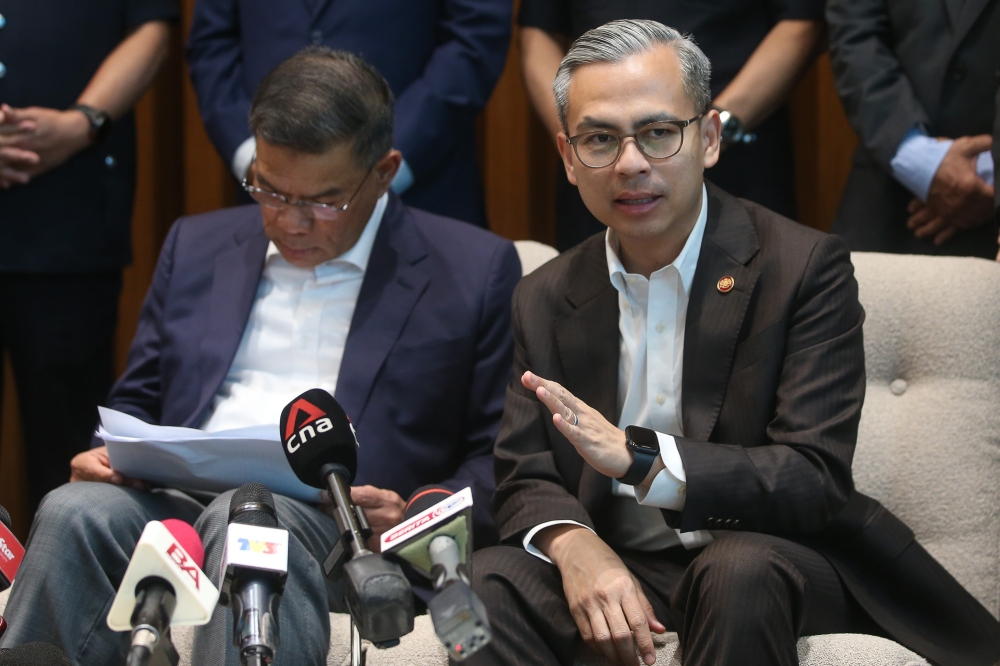
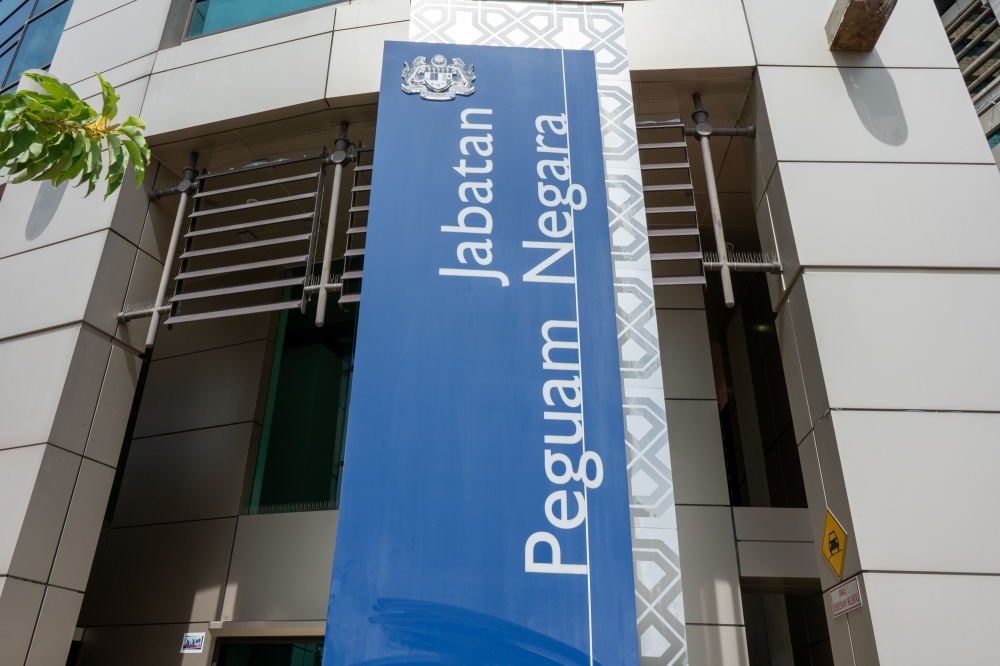
.jpg)


